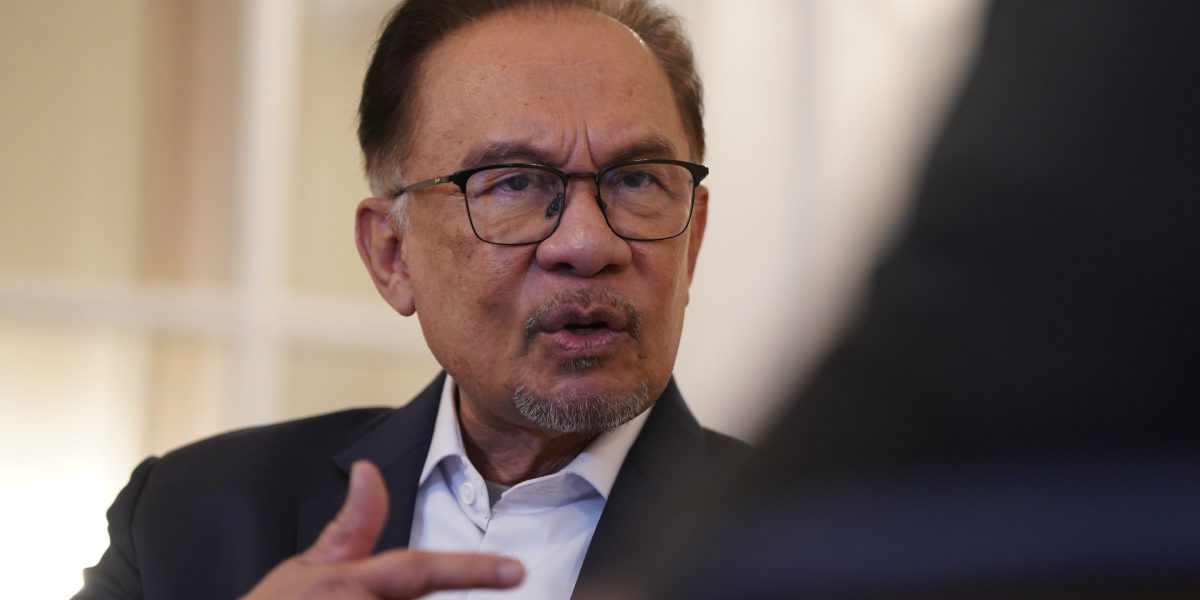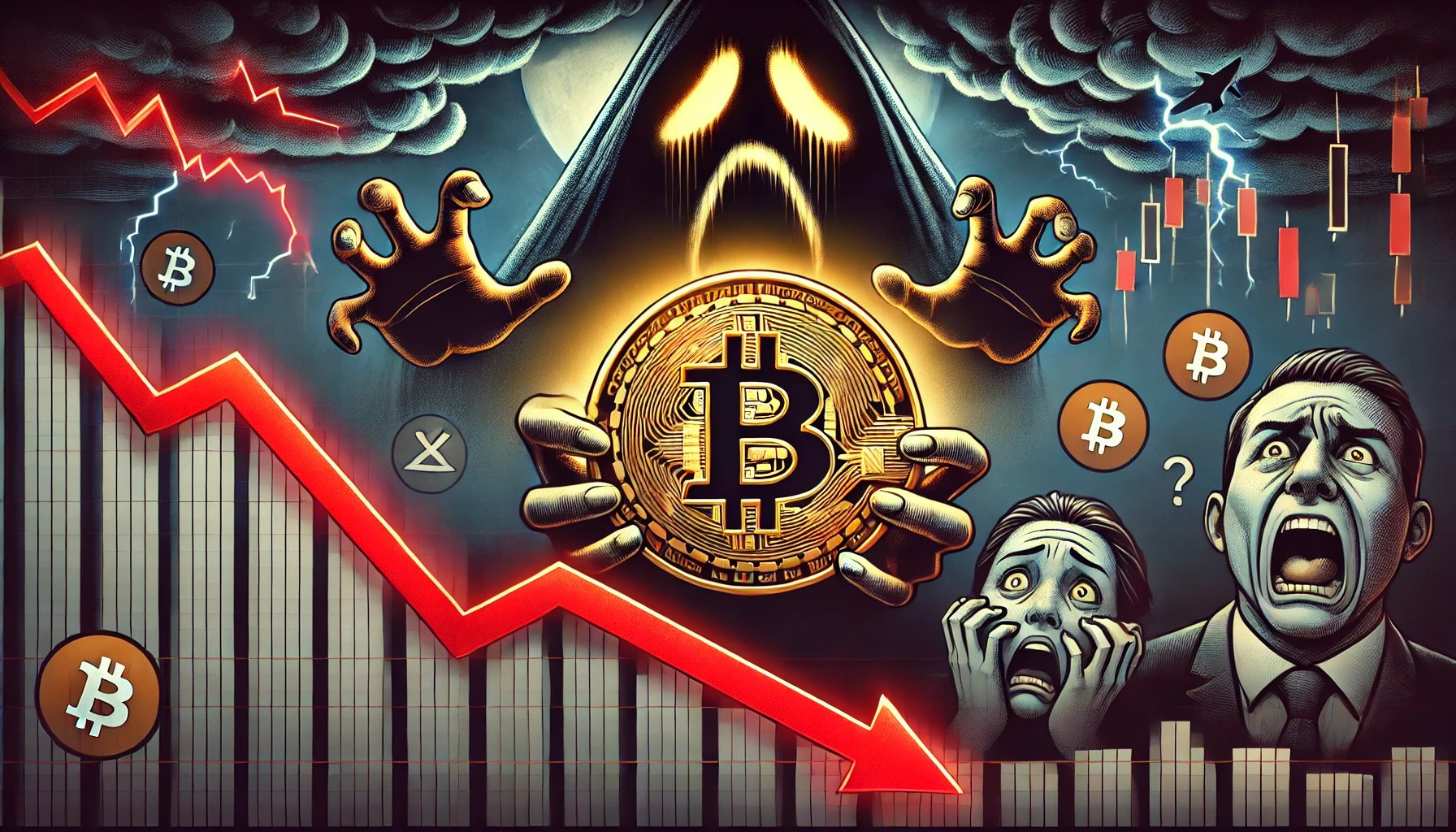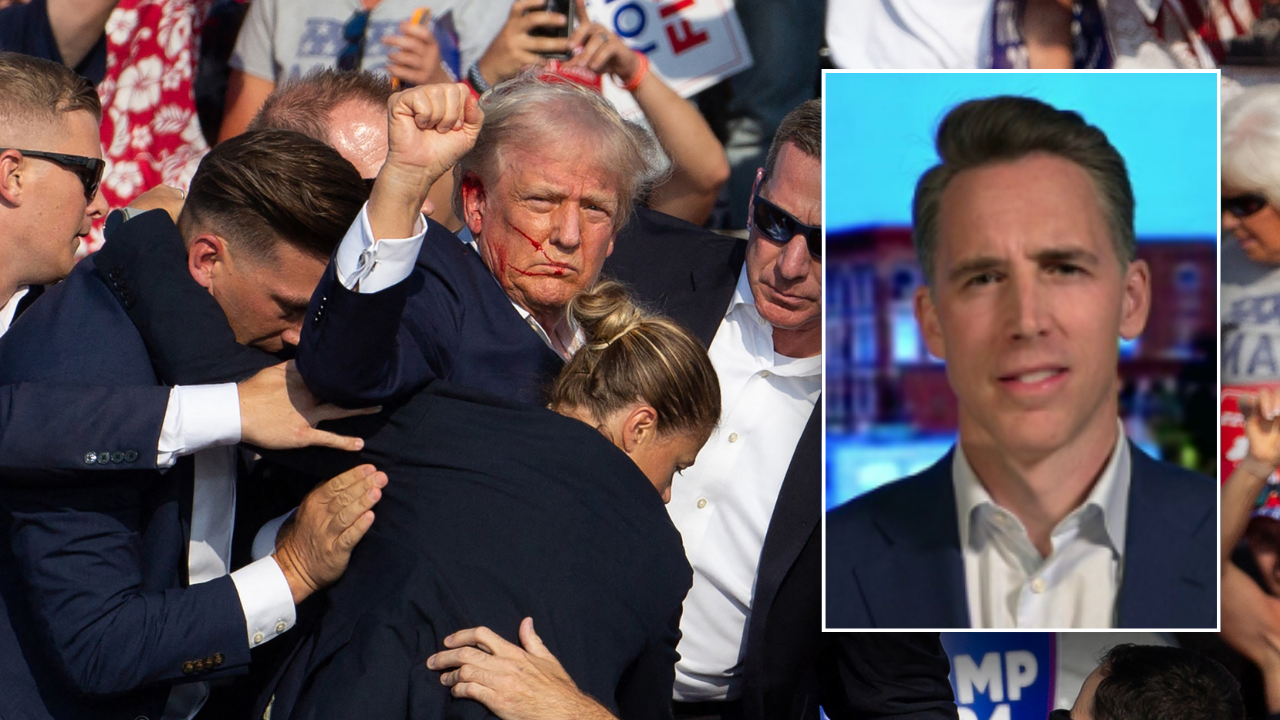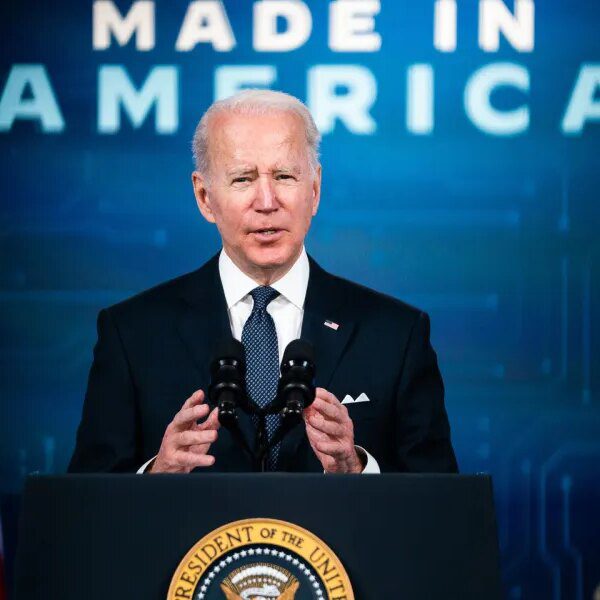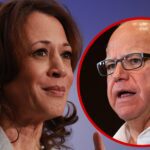

Malaysian Prime Minister Anwar Ibrahim is one of the most outspoken world leaders over the conflict in Gaza. The Southeast Asian leader has condemned Israel’s actions and vocally supported both Palestine and Hamas.
But Anwar’s public support for Hamas leadership is putting him at odds with global social media platforms, particularly Meta, the owner of Facebook and Instagram.
Last week, Meta removed posts from Anwar where the prime minister expressed condolences over the assassination of Hamas leader Ismail Haniyeh. Anwar’s office blasted Meta’s decision as “discriminatory, unjust, and a blatant suppression of free expression.”
On Tuesday, Meta apologized. In a statement, the social media giant said the takedown was an “operational error,” and that it has restored the post on Anwar’s Facebook and Instagram pages with a “newsworthy” label. The decision followed a Monday meeting between Meta representatives and officials from both the Prime Minister’s office and Malaysia’s communications ministry.
Meta’s transparency center notes that, in rare cases, the social media company will permit content that violates community guidelines if the content is newsworthy and keeping it visible is in the public interest.
Prior to the apology, the Prime Minister’s Office said the removal of Anwar’s posts “deeply impacted the people of Malaysia…who are well aware of the suffering of the Palestinian people” and that Meta’s decision to censor Anwar called the social media firm’s content moderation policies into question.
On Monday, Malaysia’s communications minister said the country will “look into” developing its own social media platform for Malaysians, following a suggestion from a celebrity host. “Last year, it was estimated that Facebook alone earned $600 million from Malaysia, but what have they done to ensure that the condition and use of their platform in Malaysia are safe?,” communications minister Fahmi Fadzil told reporters.
Fahmi also said he’ll work to ensure Meta does not censor any content from a pro-Palestinian rally on Sunday.
Malaysia’s view of the war in Gaza
Malaysia and Indonesia, both Muslim-majority countries, have repeatedly condemned Israel’s actions in the conflict in Gaza and urged for a ceasefire.
Indonesian president Joko Widodo criticized the assassination of Ismail Haniyeh, calling it a “murder that cannot be tolerated.”
But opposition to Israel is stronger in Malaysia, to the point where the U.S. has expressed its concerns to Malaysia’s ambassador in Washington. Anwar met Ismail Haniyeh in May, after previous meetings in 2019 and 2020, before he became prime minister. Malaysia has blocked Israeli-owned vessels from using Malaysian ports as well.
Even Malaysia’s plan to privatize airport operator Malaysia Airports Holding has been affected by the conflict after lawmakers attacked Global Infrastructure Partners, a bidder for the firm, for its ties to BlackRock and its significant investments in Israel. (Anwar eventually selected GIP as part of a consortium led by Malaysia’s sovereign wealth fund to take over Malaysia Airports, after GIP said BlackRock will not be involved in its operations.)
Malaysians have also called for boycotts of Western brands like McDonald’s, KFC and Starbucks.
How are Western brands handling the boycotts?
Western brands are suggesting that global boycotts are hurting their earnings.
In a recent earnings call, McDonald’s CEO Chris Kempczinski suggested that a boycott helped contribute to the fast food company’s first quarterly decline in same-store sales since early 2020.
Starbucks CEO Laxman Narasimhan, on a July earnings call, hinted that “headwinds persist in the Middle East, Southeast Asia, parts of Europe driven by widely discussed misperceptions of our brand.”
The boycotts are a headache not just for the big Western brands, but for the local licensees that manage things on the ground. Earlier this year, QSR Brands, which operates KFC in the Southeast Asian country, temporarily closed over 100 outlets due to the boycott.
In March, Starbucks franchisee Berjaya Food blamed an almost 40% drop in fourth-quarter revenue on boycotts. “In stores, 80 to 85% of employees are Muslims,” said founder Vincent Tan. “This boycott doesn’t benefit anyone.”
CEO Daily provides key context for the news leaders need to know from across the world of business. Every weekday morning, more than 125,000 readers trust CEO Daily for insights about–and from inside–the C-suite. Subscribe Now.

